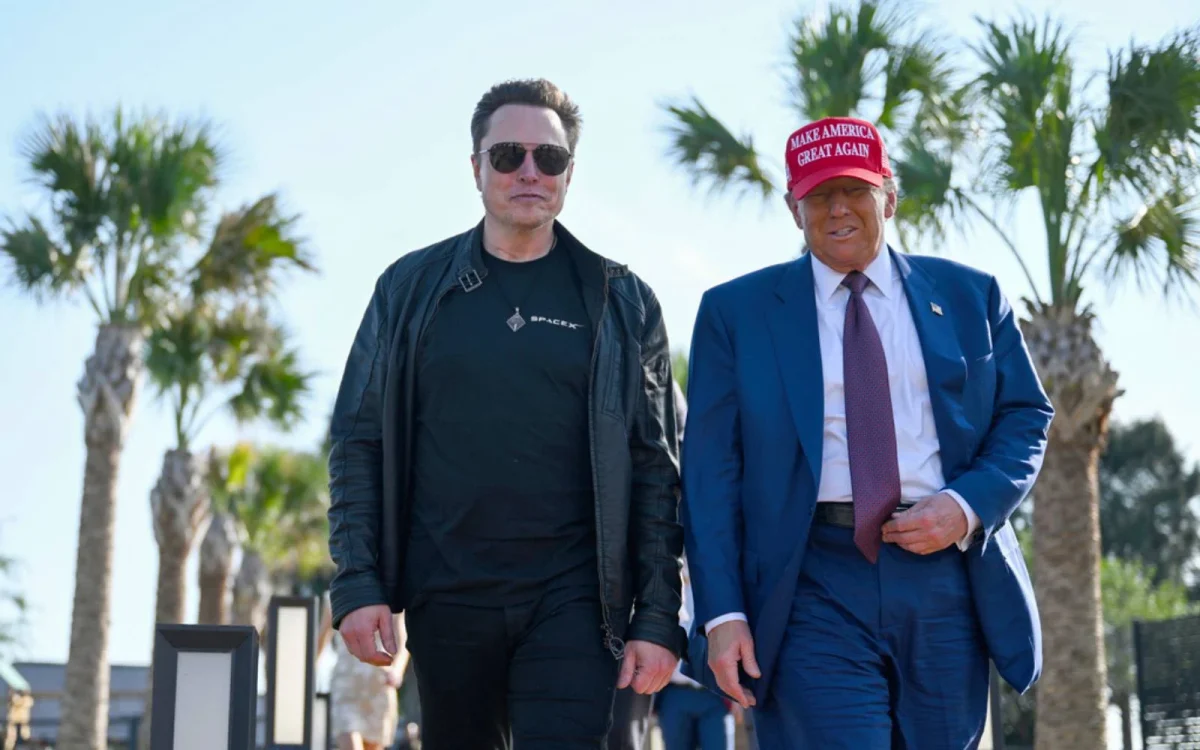Last week, Elon Musk, the richest man in the world, sent out a tweet sharing his endorsement of the AfD party in Germany. On X, he posted, “Only AfD can save Germany.” The AfD, standing for Alternative für Deutschland (Alternative For Germany), has been classified by the German judiciary as a “suspected extremist” party.
Founded in 2013, the party was created by a group of economists, academics, and journalists. Initially, the party was critical of EU financial policies and the of the euro currency. Since then, however, the party has shifted from a traditional conservative, Eurosceptic position to one with a more populist and nationalist identity. In the midst of Europe’s immigration crises, the party shifted focus to issues like national identity, immigration, and anti-Islamization. Currently, the AfD polls at 20% nationally, positioning itself as the second most popular party in Germany.
After the Magdeburg Christmas Market Attack, in which five people were killed and 200 injured, anti-immigrant rhetoric increased. The suspect in the attack, Taleb al-Abdulmohsen, despite preaching anti-Islamic sentiment and giving support to the AfD online, had deep anger towards the German state. This is the suspected motive of the attack. While immigration may be a legitimate concern to many Germans and Europeans, the AfD has repeatedly been labeled as a threat to democracy by all mainstream parties. This includes the center-right Christian Democratic Union (CDU).
In 2019, the group was excluded from the European Conservatives and Reformists (ECR), a group of far-right populist parties in Europe. The group’s youth arm, the Youth Alternative (JA), a similar to that of Nazi youth organizations, has been cited as a “confirmed extremist” organization by German authorities. In addition, Björn Höcke, the lead candidate for the AfD in Thuringia, a state in Eastern Germany, was convicted in early 2024 for breaking German laws, uttering Nazi slogans in public.
In short, many consider the AfD as a neo-Nazi party. This became more apparent after news broke that the AfD members had attended a meeting last year with the Austrian far-right firebrand Martin Sellner. Sellner admitted he was once apart of a neo-Nazi group.
Regarding Musk’s support of the AfD, Senator Chris Murphy of Connecticut, in an interview with CNN said, ”This is not normal.” Murphy added, “What Elon Musk thinks tends to eventually be what the President of the United States thinks. And if the United States takes an official position in favor of neo-Nazis in Germany, I mean, it is absolutely catastrophic.”
Murphy is referring to the tremendous amount of influence Musk holds over President Trump, having spent $277 million in an effort to get the 45th President re-elected, according to CBS. Musk seems eager to expand that influence over world leaders, frequently praising populist right leaders like Javier Milei of Argentina and Jair Bolsonaro of Brazil. In the UK, he has also thrown his support behind the anti-immigrant Reform Party, led by Nigel Farage. His support for Reform followed the intense wave of Anti-Immigrant protests in Britain and mass arrests. He claimed “civil war” was inevitable and that “The U.K. is turning into a police state,” repeatedly insulting Prime Minister Keir Starmer in the process.
While Musk has tried to donate to the Reform Party, lawmakers in the U.K. are calling for tighter campaign transaction laws to prevent foreign donations. Musk’s backing of these groups is significant because, with the leverage of X, he could increase their popularity. In addition, with Musk’s significant influence over President-Elect Trump, his opinion, as referenced by Murphy, may also become Trump’s.
Only time will tell, but it seems Musk is willing to go to great lengths to protect his interests and those of his companies, both domestically and internationally.


